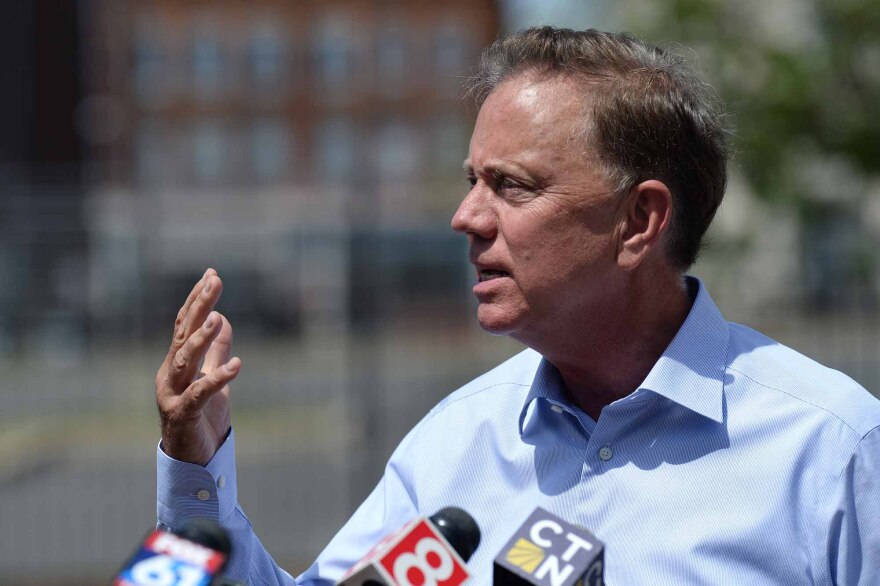Members of the state legislature heard testimony Monday on a bill from Gov. Ned Lamont aimed at reducing transportation emissions via a multistate collaborative called the Transportation and Climate Initiative Program (TCI).
TCI would cap pollution by requiring wholesalers who sell gas and diesel for vehicles to purchase “allowances” for pollution created by their products.
If approved by Connecticut’s legislature, TCI would place a declining cap on that allowable emission level and also create a way to reinvest money captured from allowances into transportation projects and communities overburdened by air pollution.
It will also likely raise the price you pay at the gas pump. But Katie Dykes, commissioner of the Department of Energy and Environmental Protection, said it’s not a gas tax.
“This is an environmental program that will cap greenhouse gas emissions and require the oil industry to pay for the damage it is causing to public health and the climate,” Dykes said. “Our modeling projects that the impacts on gas prices will be approximately 5 cents when the program begins in 2023 and will increase to 10 cents by 2032.”
The TCI program is supported by a number of major companies including BP, Exelon, Ford Motor Co., National Grid and Shell Oil Co. All believe carbon pricing programs are the best way to reduce greenhouse gas emissions, and they argue that regional programs like TCI could pave the way for a broader, economy-wide carbon price.
But opponents of TCI contend that market forces and the growing electrification of America’s vehicle fleet will reduce transportation emissions regardless of TCI’s adoption.
They also say Connecticut consumers shouldn’t have to potentially pay more for gas when air pollution blows into the Northeast from upwind industrial states. That was the message from state Senate Republican Minority Leader Kevin Kelly (R-Stratford) in a March 5 letter to Connecticut’s federal delegation.
“I am urging you, as Connecticut's delegation, to speak with one voice in urging that clean air policies be adopted by states to the west of Connecticut like New Jersey, Pennsylvania and Ohio,” Kelly wrote. “Reforms made in those states will have a meaningful impact on our air and won’t require increased gas taxes resulting in more burdens on Connecticut’s middle class families.”
While pollution from upwind industrial states is a long-documented problem in the Northeast, motor vehicle emissions are the biggest source of greenhouse gas pollution in Connecticut, according to the state DEEP.
Supporters of TCI say its declining cap will reduce on-road carbon dioxide emissions by about one-quarter while raising $1 billion by 2032.
In December, Lamont announced that Connecticut, Massachusetts, Rhode Island and the District of Columbia would work together to implement TCI via a memorandum of understanding. But “the MOU is not legally binding and Connecticut controls its own fate when it comes to implementation,” wrote Max Reiss, a spokesperson for Lamont.
The measure now sits before the legislature’s environment committee.
Several other states in the Northeast, Mid-Atlantic and Southeast have expressed interest, but they have yet to formally commit to working to implement TCI.
Dykes said she doesn’t see that as a reason for Connecticut to wait.
“I believe that Connecticut, being a leader on addressing climate and air pollution, is going to provide significant benefits to our communities,” Dykes told members of the committee. “I am very confident that if we do move this program forward, that we will see more states joining.”





